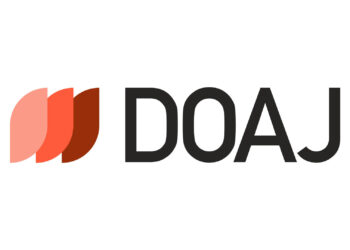Last week, a survey about job satisfaction among library workers was released. The survey’s results show little change from its prior iteration in 2007. Generally, workers in the 2011 survey said they are satisfied. In fact, the 86% satisfaction rate is the same rate found in the 2007 survey. I’ll get back to why this match may speak to a methodological problem.
Other statistics show that:
. . . more respondents feel they have a “poor” chance at career advancement (47 percent, compared to 38.9 percent in 2007) and slightly more than that think they might leave libraries before retirement. Perhaps most telling: 31 percent are actively job searching, with six percent looking outside libraries
The three biggest concerns are low pay, poor management/administration, and budgetary concerns. Career advancement is viewed as unlikely by most, and 69% see the Internet as a threat to the perception that libraries are necessary.
Now, to what I think is an obvious methodological problem with this survey. In 2007, Library Journal sent a questionnaire to 7,275 readers and a small but undisclosed number of library directors and others, resulting in 3,095 responses to some part of the survey (a response rate of 42.5%). For the 2011 survey, Library Journal emailed the survey t0 35,502 email and print subscribers, and urged the recipients to share the link widely. They survey generated 3,612 responses (a response rate of 10.1%).
While it’s entirely possible to base a valid survey instrument on 3,600+ responses, I’m concerned that essentially the same people are responding in both cases. When you send nearly five-fold more surveys out and get about the same raw number of responses, it’s not clear that you’re getting a broad, random response. In 2007, 84% of the respondents were female; in 2011, 88% were female — another suggestion of a similar sample. In 2007, a little more than half the respondents were 50 or younger; in 2011, a little under half were 50 or younger — suggesting an aging population, and potentially a very similar sample yet again.
You’d expect things to be relatively similar if you ask the same people four years later how their jobs are. That’s not much time in a stable industry. So, while these data are interesting, they may be data comparing life for the same 3,000 or so professionals, not data about the profession as a whole.
Discussion
2 Thoughts on "How Satisfied Are Librarians With Their Jobs? The Survey May Not Show"
Kent,
From a methodological standpoint, this study lacks rigor. It attempts to make a comparison across two time points using two different sampling instruments and suffers from a suite of problems that dog many online surveys. This may lead to bias in the results, but not necessarily.
I’m more concerned with the internal contradictions raised in this survey. While librarians are concerned with lousy pay, poor management and a dim future for career advancement–with nearly a third of respondents actively job searching–the vast majority are ‘satisfied or very satisfied’ with their jobs, plan on retiring as librarians and would chose the profession again. An odd combination of perspective, indeed.
Either this study is fatally flawed or librarianship is suffering from an acute case of Pollyannaism.
May I commend you for treating “data” as a plural noun? My university press colleagues ran a session at their annual meeting titled “How Good Is Your Metadata?” that makes me fear for the decline of copyediting standards in the industry. I recently reviewed a book published by Oxford that was sloppily edited and another by the Publishers Association of Great Britain that had over 100 errors in it.




